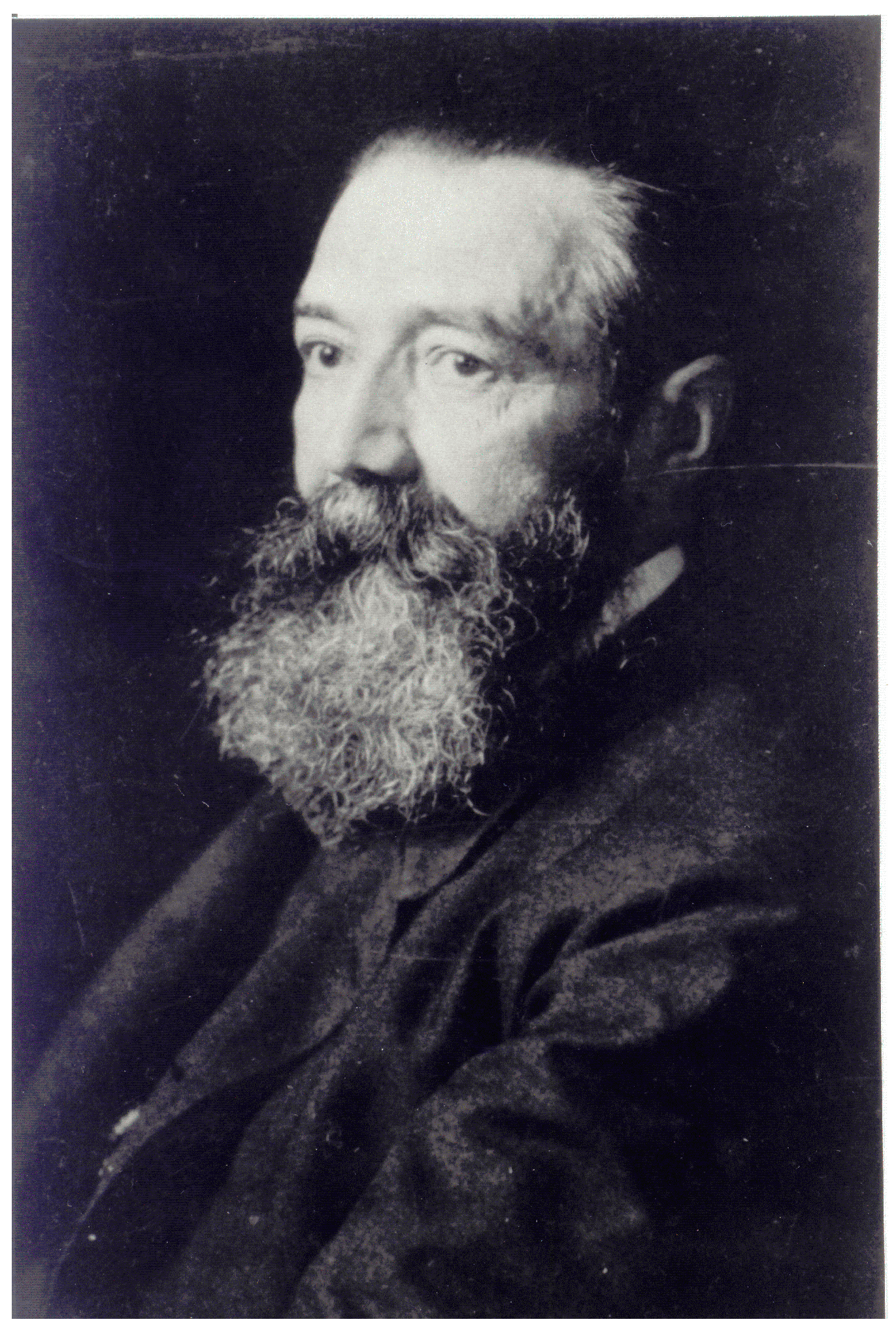

Second, Chan fears that a phenomenon akin to the Heisenberg effect will occur: namely, that our attempts to assess power transitions and associated risks of war might alter these phenomena as part of our lived experience, and not necessarily for the better. To demonstrate these claims, Chan unpacks historical cases that ostensibly expose weaknesses in the frameworks. First, no framework is perfect as Chan’s book and the reviews below make plain, scholarly studies that link power shifts and war suffer from flaws in logic and the use of evidence, historical and otherwise. Such scrutiny is warranted, for at least two reasons. Notably, Chan’s book unearths prior assumptions, conceptual ambiguities, theoretical baggage, and selective readings of history that inform, and misinform, popular viewpoints on power transitions. But the reviewers clearly agree on the value of undertaking the project. Like Boston’s Big Dig, Chan’s project invites colorful critiques, as readers of this roundtable will find. But this book goes deeper with apologies to Bostonians who endured the notoriously ambitious Central Artery and Tunnel Project, this is Chan’s ‘Big Dig.’ In particular, Chan excavates the foundations of two frameworks that are popularly applied to U.S.-China relations: Graham Allison’s “Thucydides’s Trap,” from which Chan draws the title of his book, and power transition theory, which is associated with the late A.F.K. The book is not Chan’s first in this vein. DiCicco, Middle Tennessee State UniversityĮssentially, Chan’s timely book asks: how ought we to ascertain whether China and the United States are headed for a violent collision, and what do we need to know in order to avert or minimize such a collision, if indeed one is in the offing? The book may be read as policy-relevant scholarship, with key features rooted in international relations (IR) history and concepts like power, relative decline, status, revisionist intentions, and accommodation.

Response by Steve Chan, University of Colorado at Boulder.Review by Ayşe Zarakol, University of Cambridge.Review by Yuan-kang Wang, Western Michigan University.Patrick Rhamey Jr., Virginia Military Institute. Review by Tadeusz Kugler, Roger Williams University.Review by Ja Ian Chong, National University of Singapore.DiCicco, Middle Tennessee State University. 9 November 2020 | Įditor: Diane Labrosse | Commissioning Editor: | Production Editor: George Fujii Contents Ann Arbor: University of Michigan Press, 2020. Thucydides’s Trap? Historical Interpretation, Logic of Inquiry, and the Future of Sino-American Relations. With Thucydides’s Trap? Historical Interpretation, Logic of Inquiry, and the Future of Sino-American Relations, Chan interrogates frameworks commonly used to address such questions without losing sight of their practical significance or the practical consequences of asking and answering the questions in conventional ways. Steve Chan’s new book elevates the discourse around these common questions by compelling readers to see them in a new and distinctive light. Are China and the United States on a dangerous collision course, and if so, is there any hope of avoiding a Sino-American conflagration over the future of the international order? As important as such questions may be, their ubiquity threatens to render them banal.


 0 kommentar(er)
0 kommentar(er)
